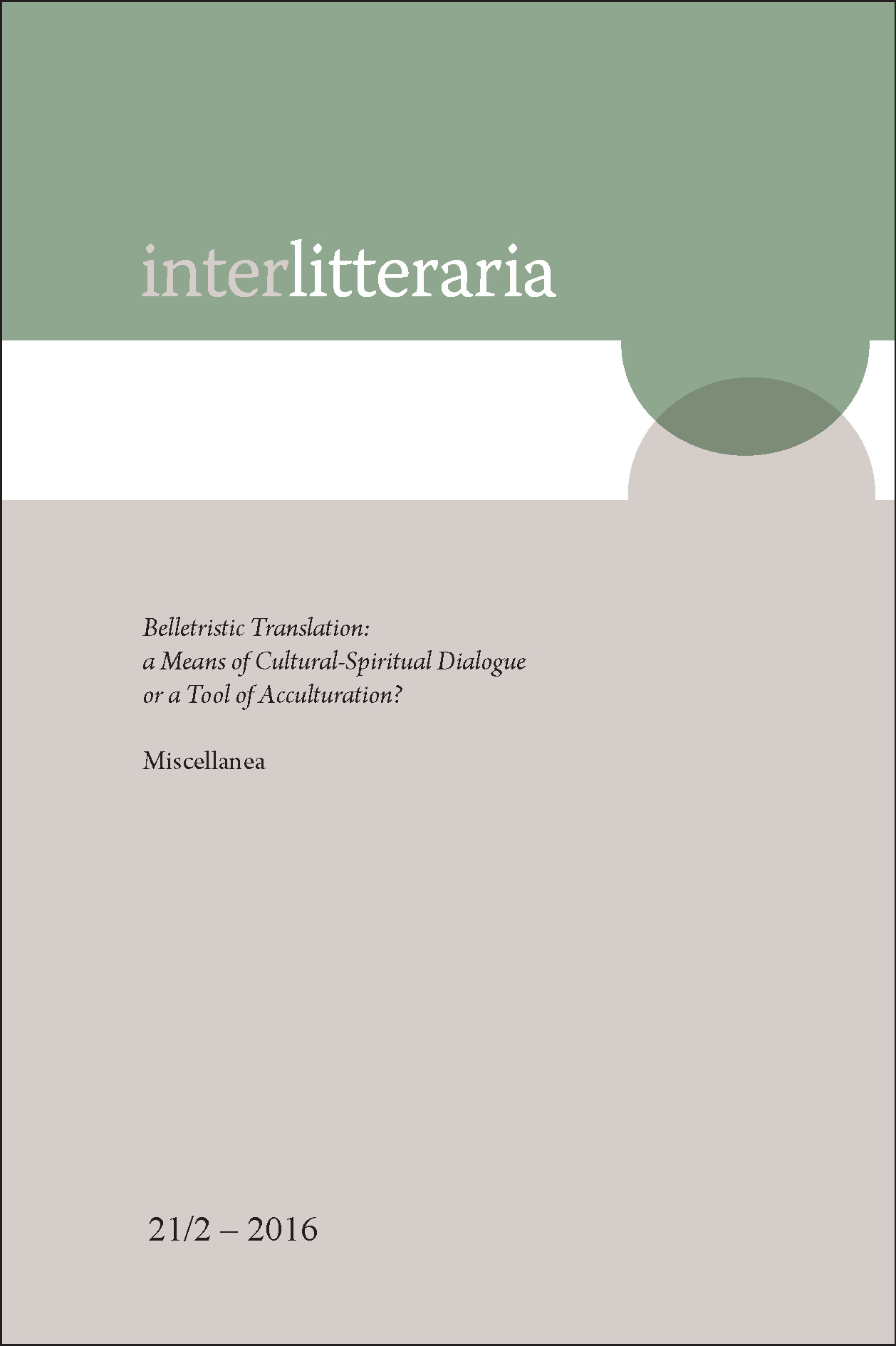The “Black Sounds” of Ene Mihkelson’s <i>Katkuhaud</i> (‘Plague Grave’) and W. G. Sebald’s <i>Austerlitz</i>. Part I. Foundations
DOI:
https://doi.org/10.12697/IL.2016.21.2.14Keywords:
Ene Mihkelson, Katkuhaud (Plague Grave), post-humanism, Jacques Lacan, Jaak Panksepp, Octavio Paz, W. G. Sebald, AusterlitzAbstract
“Foundations” is the first part of a two-part article to be published in Interlitteraria. It gives a brief account of the post-humanistic, foundationless, and traumatic world encountered in Ene Mihkelson’s Katkuhaud (‘Plague Grave’) and W. G. Sebald’s Austerlitz, and continues with more detailed elaborations of the loss of specific foundational ideals, such as their contemporary experience of the failure and limits of language, of sense-making, and memory; the haphazardness of history; the invalidity of compensatory justice, and above all the deletion of their childhood fields of joy and love or of what Panksepp calls their “affective mind.” It prepares for a fuller comparison of Mihkelson and Sebald’s tonality, and their art of valediction and memory in Part two.Downloads
Download data is not yet available.
Downloads
Published
2016-12-31
Issue
Section
Articles
License
The contents of Interlitteraria are published under CC BY-NC-ND licence.


